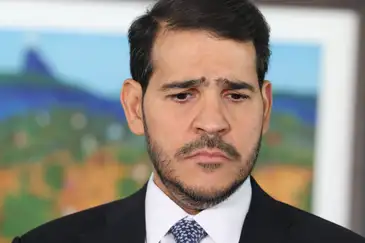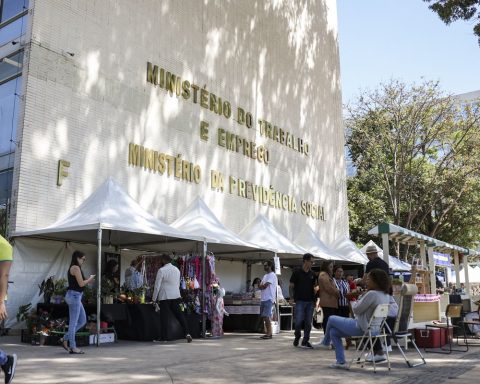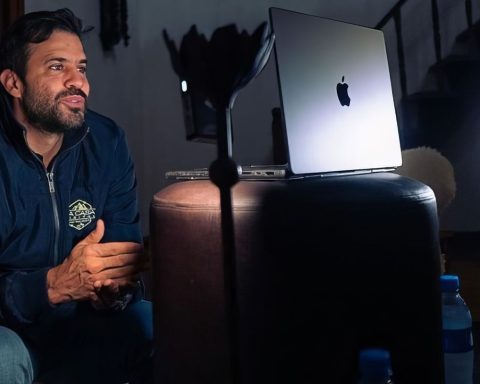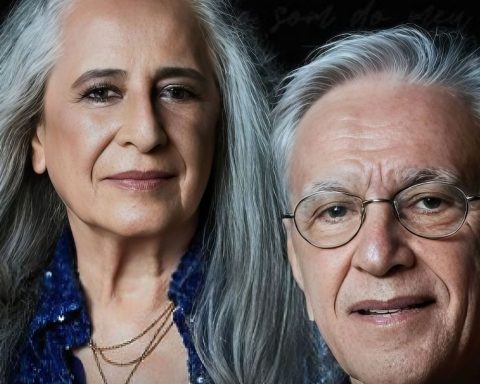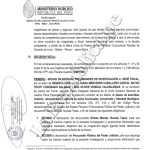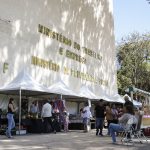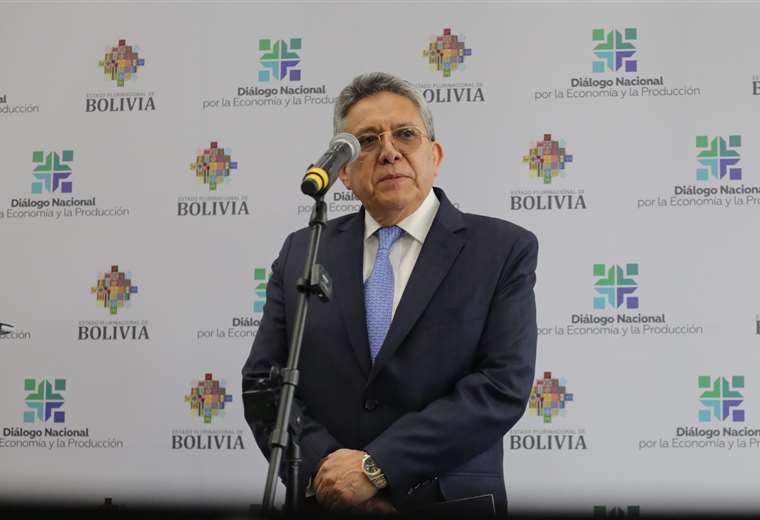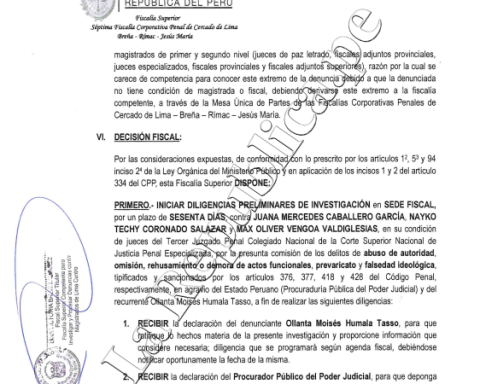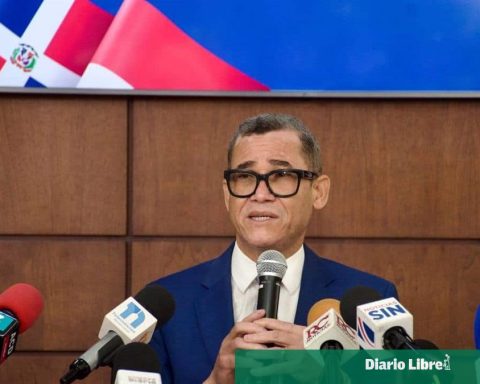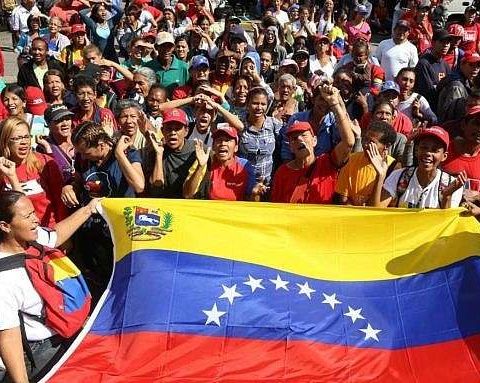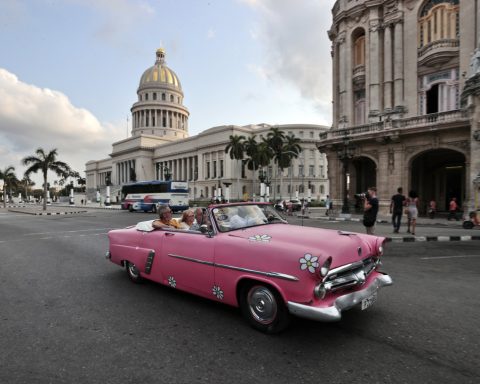The Attorney General of the Union (AGU), Jorge Messias, approved a new legal opinion on oil exploration in the Equatorial Margin region, in the north of the country. The conclusion of the AGU, reported in a note, is that the Brazilian Institute of Environment and Renewable Natural Resources (Ibama) does not have the legal authority to reassess the environmental licensing of the Oiapoque Municipal Airport (AP).
“The potential impact of aircraft flying over the air terminal and the exploration area was one of the points invoked by Ibama to deny the license requested by Petrobras to drill a well in block FZA-M-59, located on the so-called Equatorial Margin, 175 kilometers from the mouth of the Amazon River.”
Also according to the statement, the opinion concludes that “the verification of the impact of air traffic from Oiapoque Airport on the indigenous communities surrounding the aerodrome does not constitute adequate grounds for analyzing the request for reconsideration of the licensing of block FZAM-59”.
The note highlights that the legal analysis carried out by the AGU, through the Office of the Attorney General of the Union (CGU), maintains that Brazilian legislation provides for the uniqueness of environmental licensing, that is, that the competence to license an enterprise must be concentrated and operationalized by a single federated entity, be it the municipality, the state or the Union, depending on the type and scope of the enterprise.
“In the understanding expressed in the opinion, the AGU explains that the airport is already licensed by the state environmental agency and that any reassessment of the impact of its operation on the way of life of indigenous communities located nearby is the responsibility of the state environmental agency responsible for licensing the aerodrome, together with the competent federal agency, the Department of Airspace Control (Decea), linked to the Brazilian Air Force (FAB).”
Specifically regarding the request for reconsideration of the denial of environmental licensing, made by Petrobras, the AGU says that Ibama requested a statement from the National Foundation for Indigenous Peoples (Funai) on the possible impact of aircraft flying over the region, but that the consultation is not provided for in the environmental legislation applicable to the case.
“From what we can see, Ibama’s actions lack regulatory provision or even reasonableness, by creating a procedural step not provided for in the standard and which puts at risk the continuation of the environmental licensing of block FZA-M-59, which could not only cause delays in the analysis of the request for reconsideration of the licensing, but also a risk to the Brazilian non-renewable energy program.
Wildlife care
According to the AGU, another point that was under analysis was the response time and care for wildlife affected by oil, in the event of a spill, also indicated by Ibama as one of the reasons for denying the licensing. The department understood that the resolution of this point would not depend on legal analysis, “but on measures necessary to meet the requirement that is currently being discussed by the environmental agency and Petrobras”.


